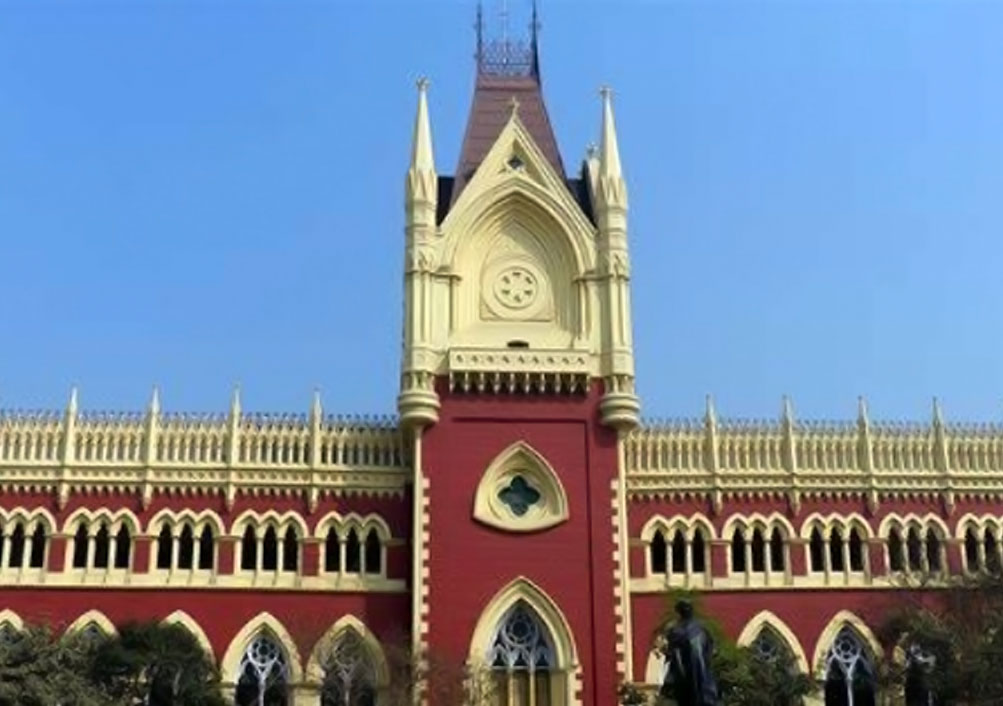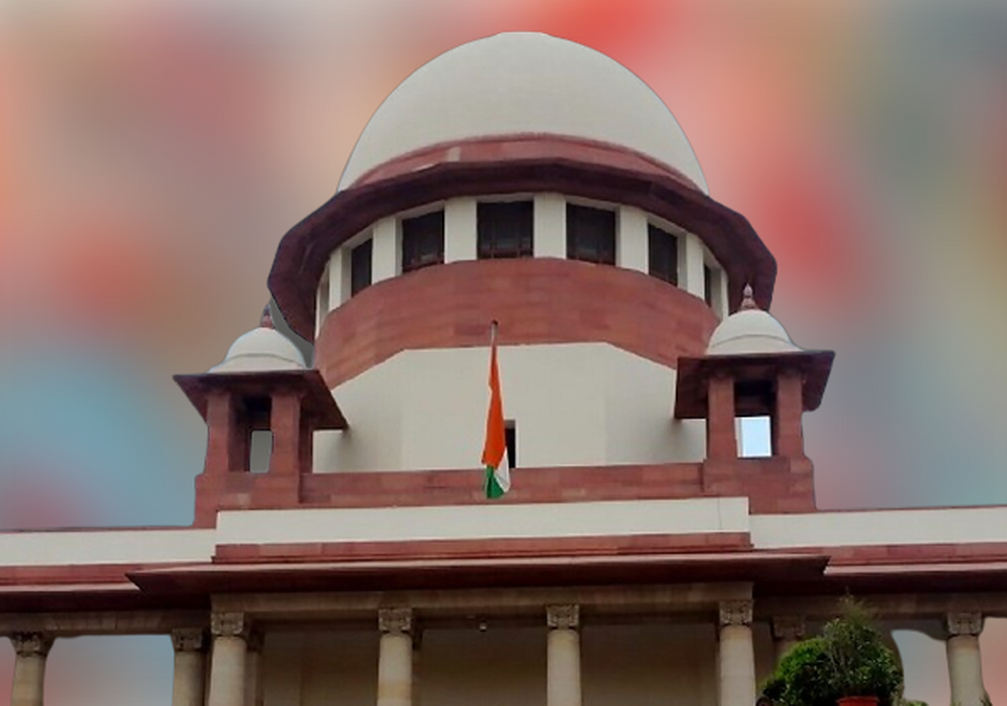State’s consent u/s 6 of DSPE Act not mandated for CBI to probe Central govt officers: Calcutta HC

Read Judgment: Vinay Mishra vs. CBI & Ors.
LE Staff
Kolkata, July 30, 2021: The Calcutta High Court has ruled that the Central Bureau of Investigation (CBI) can probe offences under the Prevention of Corruption Act (PCA) against Central government officers even if the offence has been committed in a state where the CBI does not have general consent to operate under the Delhi Special Police Establishment Act.
The Single Bench of Justice Tirthankar Ghosh observed that Central government officers who are offenders under the PCA are on equal footing with those working in different states, and hence such action of the CBI will not lack territorial jurisdiction.
However, Justice Ghosh clarified that if the officers involved in corruption exclusively belong to the state government, then in such cases the CBI may demand consent u/s 6 of the DSPE Act before proceeding.
This ruling of the High Court was made in pursuance of a prayer made by the Petitioner who was a former TMC leader, challenging the CBI probe in relation to a cattle smuggling case at the West Bengal-Bangladesh border involving officers of the Border Security Force and Customs Department as accused.
However, the consent for the CBI to operate was withdrawn by the state when a preliminary enquiry into the incident had started in 2018. However, the FIR against the Petitioner was registered after the general consent was withdrawn by the State.
Counsel for the accused, therefore, questioned the jurisdiction of the CBI to investigate within the state of West Bengal after the withdrawal of consent.
It was argued that only the Supreme Court and the High Court have powers to pass orders/directions upon the CBI to investigate, whereas the CBI is not permitted to investigate the case within the State u/s 6 of DSPE Act, in absence of consent.
The CBI on the other hand argued that the officials who are accused in the case belong to the Border Security Force and the Customs Department. They also argued that the state government cannot exercise its executive power to impede exercise of the executive power of the Union as per Article 257 of the Constitution.
“As such, the public servants whose office location may be in different States, but are associated with the Central Government, corporations established by or under any Central Act, Government companies, societies and local authorities owned or controlled by the Central Government cannot be distinguished and/or discriminated because of the location of their offices being at different States and are to be hauled up for corruption in like and similar manner uniformly throughout the country,” said the High Court.
The High Court referring to the judgment of the Supreme Court in Dr Subramanian Swamy vs. Director, CBI in which it was held that there cannot be any rational basis which would entitle bureaucrats of Joint Secretary level and above, who are working with the Central Government, to be protected u/s 6A of the DSPE Act while the same level of officers who are working in the State will not get such protection, though both classes of these officers are accused of an offence under the PC Act.
The High Court, therefore, concluded that no illegality has been committed in the ongoing investigation and there is no scope for interference in the continuation of investigation.
Sign up for our weekly newsletter to stay up to date on our product, events featured blog, special offer and all of the exciting things that take place here at Legitquest.




Add a Comment